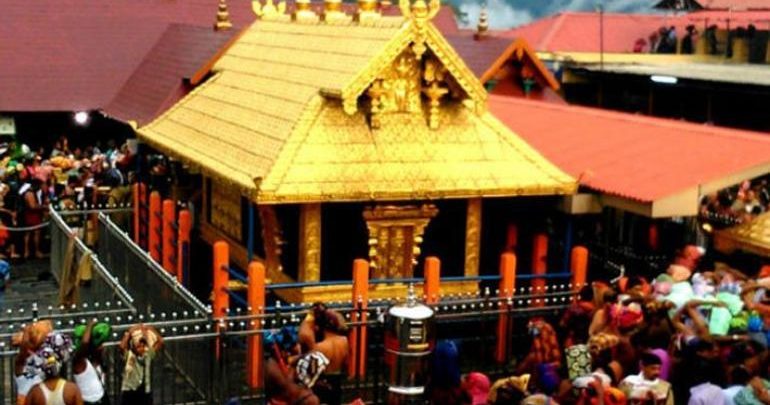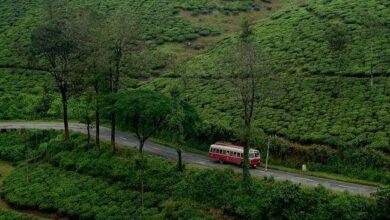Controversy Surrounds Purchase of Marayoor Sandalwood for Sabarimala Rituals

In a development that has sparked controversy, the procurement of Marayoor Sandalwood for the sacred ‘Kalabha Abhishekam’ ritual at Sabarimala has come under scrutiny, raising questions about transparency and adherence to established procedures. The Travancore Devaswom Board, responsible for the administration of Sabarimala, revealed that the rare sandalwood was acquired from Mavelikkara natives, bypassing the option to directly purchase from Marayoor. The decision to involve middlemen and forego the customary tender process has triggered concerns and demands for a thorough investigation.
Typically, the procurement of sandalwood for Sabarimala rituals involves a transparent tender process, ensuring fairness and adherence to established norms. However, the revelation that the Devaswom Board opted for an unconventional route has raised eyebrows, prompting calls for scrutiny into the procurement practices.
One of the key points of contention is the deviation from the standard protocol for purchasing sandalwood for Sabarimala rituals. Instead of directly procuring the essential resource from Marayoor, the Board chose to involve intermediaries, leading to questions about the legality and transparency of the process.
Officials at the Marayoor sandalwood depot disclosed that a significant portion (90%) of the sandalwood sold through auctions is of the “white” variety, considered the lowest quality. This lower-quality sandalwood is priced below Rs 1,200 per kg, a stark contrast to the higher-quality variants that exceed Rs 20,000 per kg. The decision to procure sandalwood from Mavelikkara natives, coupled with concerns about the quality and pricing, has further fueled the controversy.
The ‘Kalabha Abhishekam’ ritual at Sabarimala demands a substantial quantity of sandalwood, with over a hundred kilos required annually. The core part and root of Marayoor sandalwood are particularly sought after for this sacred ritual.
Critics argue that the involvement of middlemen in the procurement process raises questions about the legality and transparency of the entire operation. The decision to bypass the customary tender process, especially for such a crucial and sacred resource, is being viewed with skepticism.
The controversy has underscored the need for a closer examination of the procurement practices, ensuring that they align with established norms and legal requirements. As Sabarimala holds immense religious significance, the faithful and the public alike are calling for clarity on the matter to maintain the sanctity of the rituals performed at the revered site.
This latest development serves as a reminder of the importance of transparent and lawful procurement processes in places of religious significance, with the hope that any deviations from established norms will be addressed promptly.






